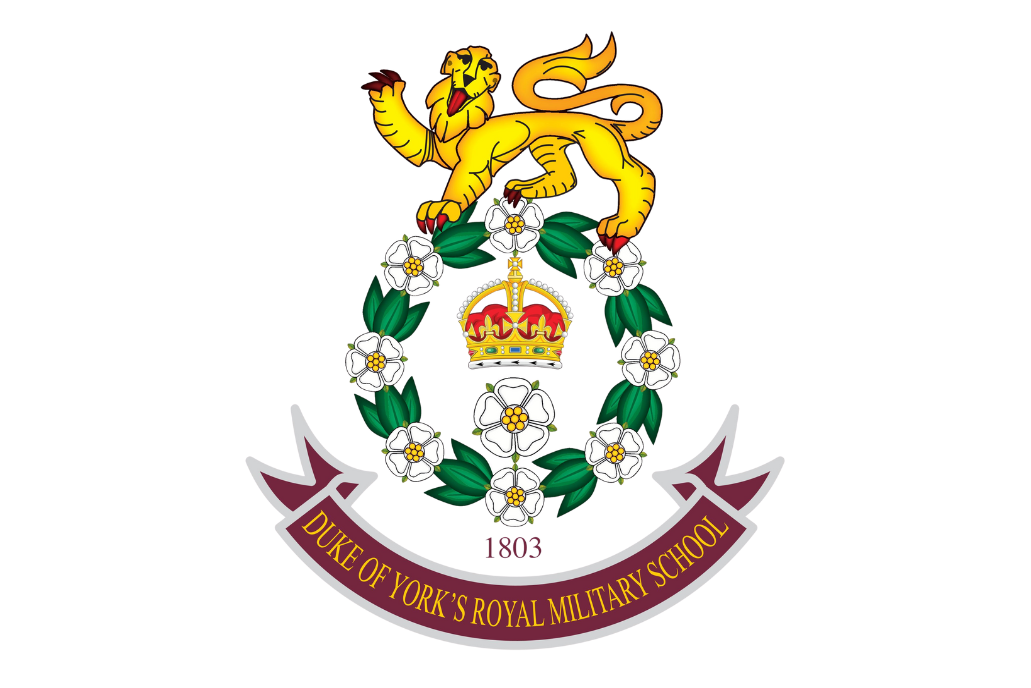UK Defence Secretary John Healey repeatedly avoided confirming whether Britain would increase defence spending beyond 2.5% of GDP, despite growing pressure from the United States and NATO allies.
During an interview at NATO headquarters in Brussels, Reports asked Healey seven times whether the UK should heed calls to ramp up military expenditure. Each time, he stuck to the government’s existing pledge to gradually increase funding to 2.5% of GDP, a figure that falls well short of the 5% target suggested by former US President Donald Trump.
Avoiding Commitment Amid Rising Pressure
“Everyone accepts that we need to spend more on defence,” Healey said, adding that the UK was already expanding its support for Ukraine and working with NATO partners.
He pointed out that 2.5% would represent the highest level of defence spending since 2010, when Labour was last in power. However, he did not clarify when this increase would be fully implemented or whether further cuts to the armed forces might be necessary in the meantime.
Global Calls for Increased Military Investment
The debate over defence spending comes as the UK prepares to release a strategic defence review in the first half of the year. The assessment is expected to outline the future structure of the British military, but its scope depends largely on the size of the defence budget.
At present, the UK spends around 2.3% of GDP on defence, well below Trump’s proposed 5% target and the 3% threshold suggested by NATO’s incoming secretary-general. Many defence analysts argue that even 2.5% will be insufficient to counter growing security threats in Europe, particularly as the US signals a shift in focus away from the continent.
UK-US Relations Remain Strong, Says Healey
Despite the funding gap, Healey dismissed concerns that failing to meet Trump’s demands would damage the UK’s relationship with Washington.
“I’m deeply confident in our relationship with the US,” he said. “We have a security relationship where we do unique things that nobody else does together. We will deepen that, we will strengthen that.”
However, with increasing uncertainty over US commitment to NATO, European allies, including Britain, are under pressure to shoulder more of the burden for continental security.
For now, Healey and the UK government are sticking to 2.5%, but whether that will be enough remains a major question.
